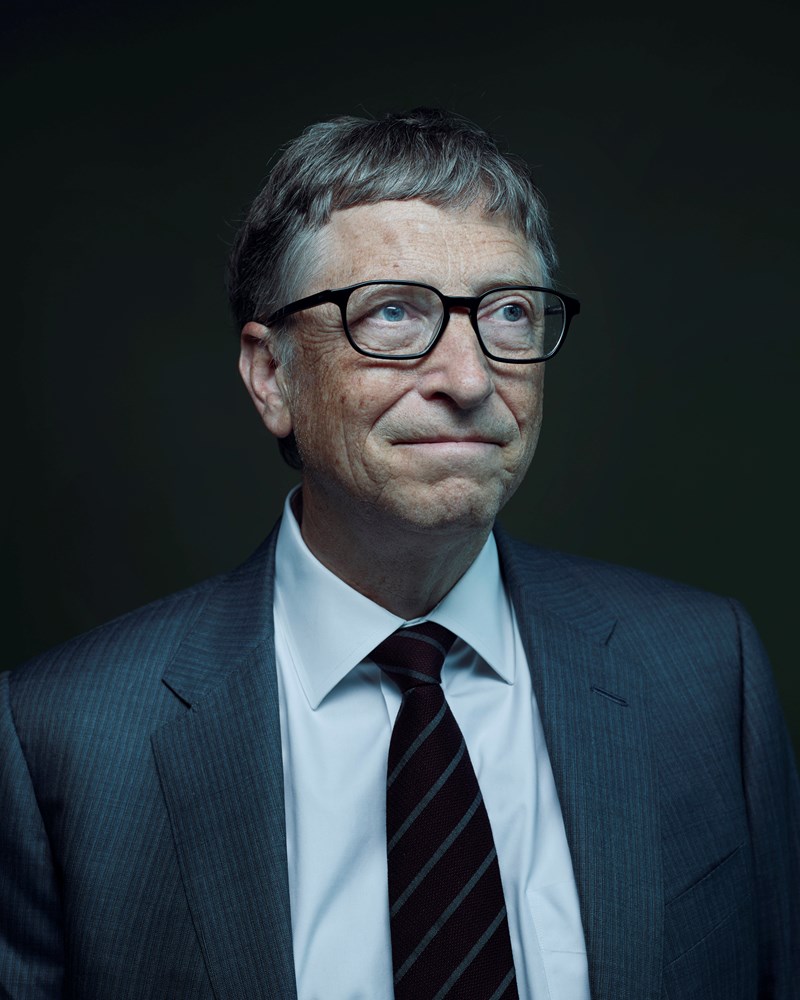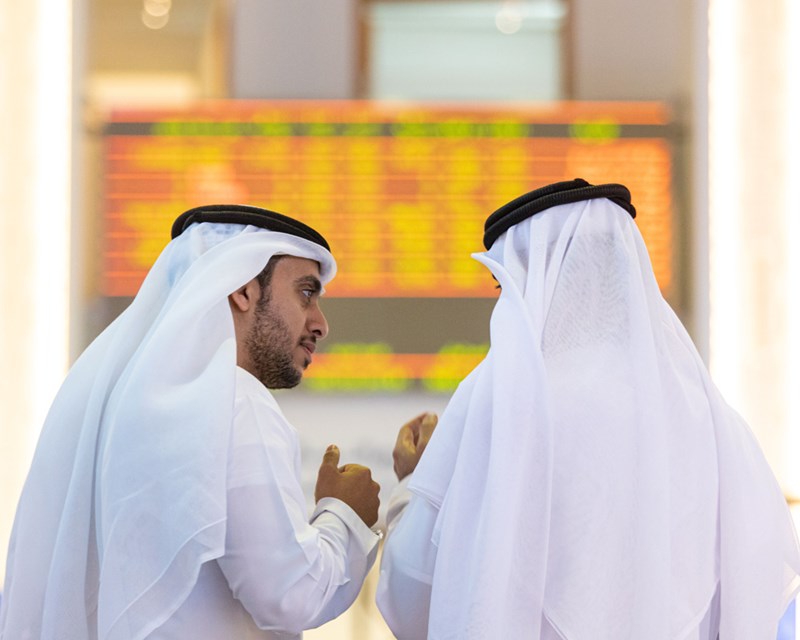Time is a valuable commodity to Abdul Aziz Al Ghurair. The seasoned banker is in Dubai for just a few hours, having spent much of the previous month out of the country. For a few minutes, however, he allows himself to reflect on the life cycle of the modern-day Gulf citizen.
“At first it’s college, and then straight away you have to establish yourself in business, so you’re not thinking about philanthropy, because unless you’re successful then you won’t have any money to give,” he muses. “If you are then successful, you’re still not able to think about giving because you are overloaded with work.
“It only comes when you have achieved and overachieved, that you look back at the age of 60 or 70, and realise that in all that time, you have done nothing for your community,” he continues. “Then you rush into doing something and when you rush into doing something, you make mistakes.
“Really, if we could plan it, the impulse for philanthropy should come at the age of 30 or 40. Now is the time for a generational change. If ours was the era of building phenomenal wealth, then it is up to our children to think about giving back. You don’t have to donate a big sum of money, but you can do something that shows that your heart and soul is invested in doing good.”
Al Ghurair himself never accepted overwork as an excuse not to invest in good deeds. The CEO of Mashreq, one of the UAE’s leading commercial banks, he also helps to manage his family’s diverse holdings in real estate, foodstuffs, contracting, publishing, and petrochemicals, among other sectors.
The former Speaker of the House of the UAE Federal National Council, the country’s legislative body, Al Ghurair is also chairman of the Family Business Network GCC, a regional association of leading family business members.
Furthermore, he has for decades acted as a quiet but committed philanthropist. He sits on the board of the Emirates Foundation for Youth Development, an integrated national initiative founded by Sheikh Mohammed bin Zayed Al Nahyan, Crown Prince of Abu Dhabi. He has also donated millions of dollars of his own money to a host of humanitarian initiatives: tokens from UNESCO and Unicef, among others, are tucked among the banking awards accumulated by Mashreq over the years.
His priorities lie in two areas: improving education across the Middle East, North Africa and South Asia region, and providing greater opportunities for women to earn and to contribute to the growth of developing economies.
To these ends, he has channelled money into a series of education initiatives, most notably through the Citizens Foundation, one of the largest nonprofits in Pakistan. He has also engaged with PlaNet Finance, a microfinance initiative that – among many other projects – has equipped women in Palestine to manufacture a range of foodstuffs now available on supermarket shelves across the region.
“You cannot overspend in raising education across our region,” he insists. “We can look at different levels of education for educating girls, women, boys and men, bringing them to high school level and then taking them all the way to college. An educated individual can support a bigger family.
“[The Palestinian initiative] is economically empowering and it also helps to preserve the culture of the region,” he continues. “I don’t have to dislocate a woman from her village; she doesn’t have to come to the city. You stay where you are and look after your parents and kids, meanwhile here is the money for you to start a business at your small village level.”








